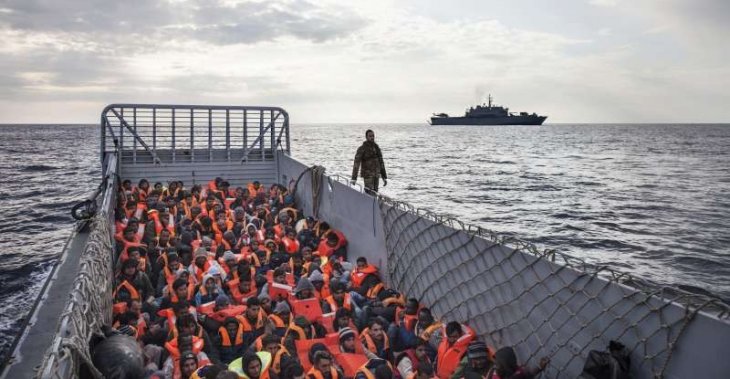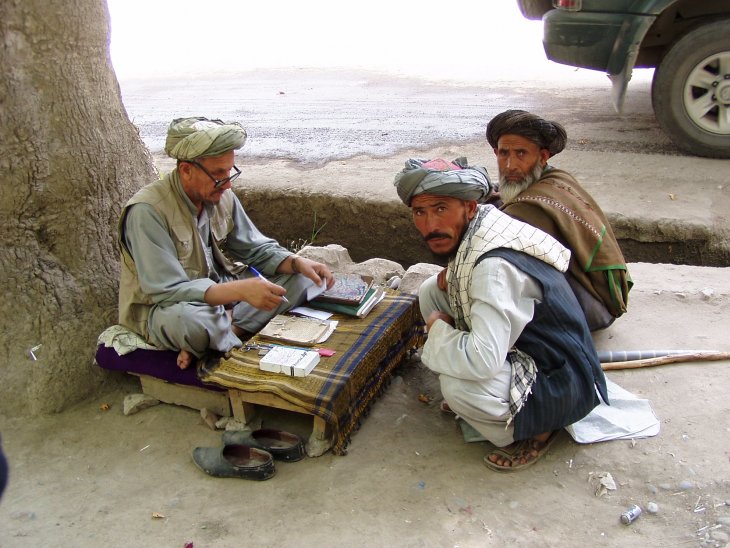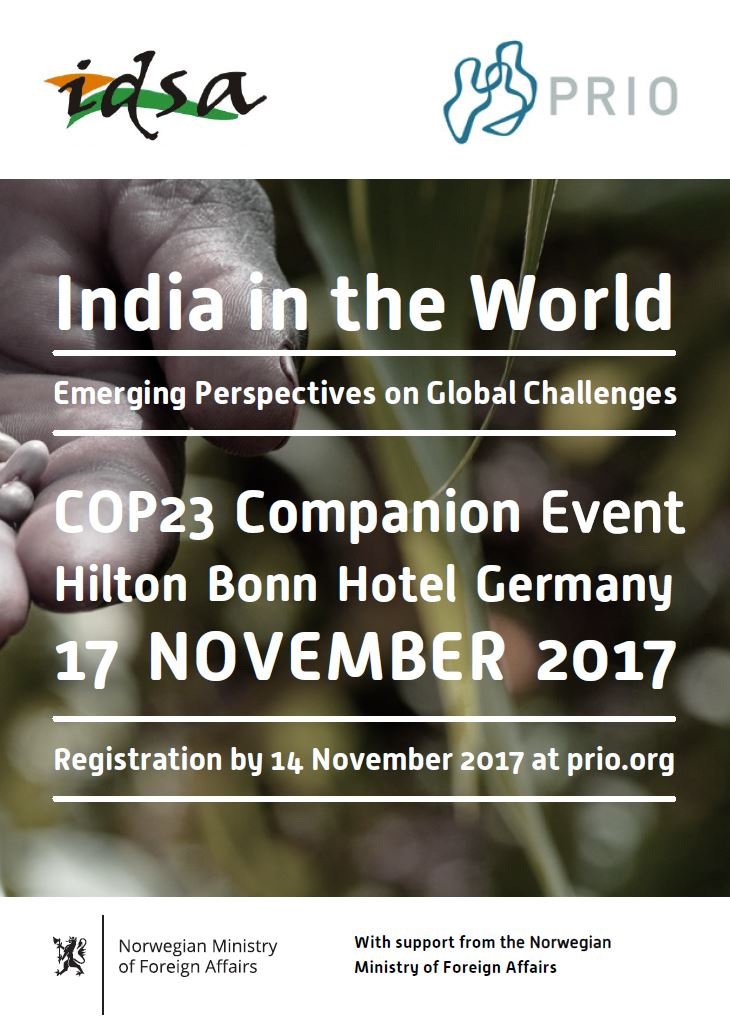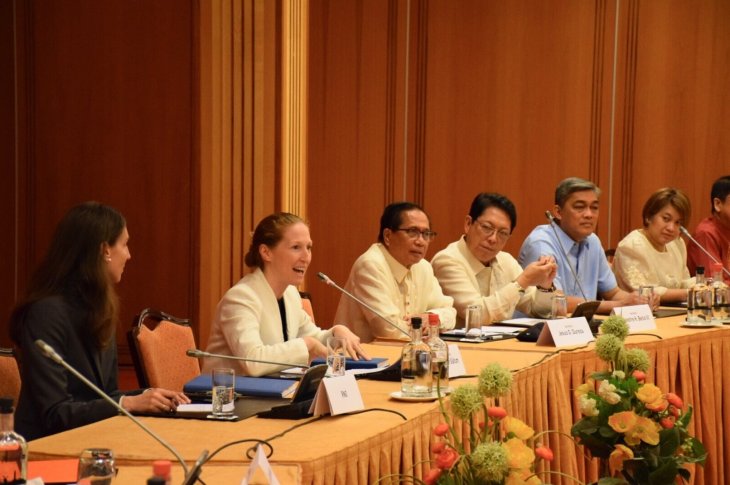A look back on three years since the end of Operation Mare Nostrum.
Three years ago today, pressure by the European Union on Italy forced the end of one of the EU’s most successful humanitarian missions, Mare Nostrum, a search-and-rescue operation that in just one year brought 130,000 refugees safely to Europe’s shores.
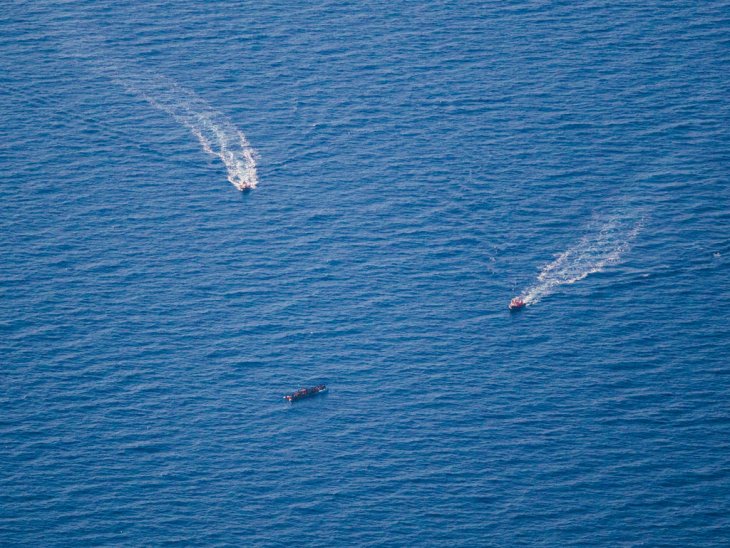
Photo: Seawatch.org
As the death toll mounted in the wake of this decision, including 1,200 victims at sea five months later, non-governmental organisations (NGOs) stepped into the breach, launching their own rescue missions in a desperate attempt to save lives. Their efforts were part of a wave of compassion across Europe that year, as people organised convoys to refugee reception centers, warmly greeted arrivals at German train stations and lined highways to provide food and water to those making the arduous trek from war-torn regions of Syria and elsewhere.Read More
